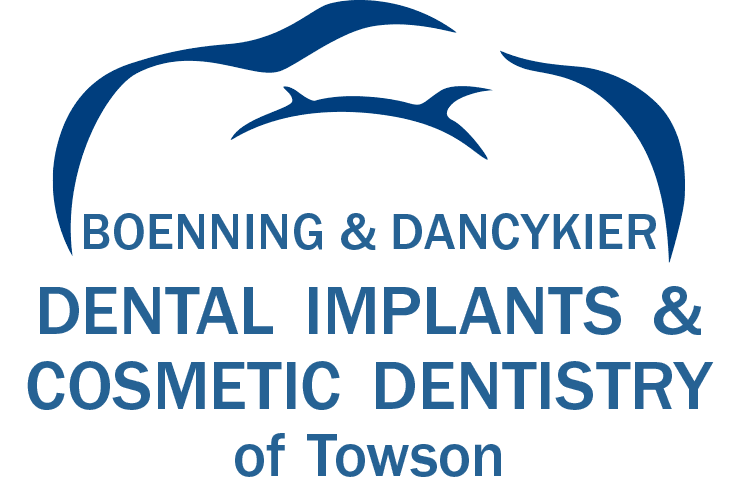If necessary, a dentist can pull a tooth, removing it from your mouth, through a process known as extraction. This form of oral surgery involves a dentist cutting through the gum tissue and jawbone to take the tooth from its socket. You can anticipate several days of downtime after this procedure to heal properly.
Dentists reserve this treatment for teeth that do not respond to other dental solutions and majorly disrupt a patient’s oral function or health. You might wonder which scenarios might require this type of dental intervention. Read on to find three reasons your dentist might suggest a tooth extraction procedure.

Wisdom Teeth Removal
One of the most common circumstances that a dental patient might need a tooth extraction is to remove wisdom teeth. These third, extra sets of molars grow into place in many people after adolescence. They often create complications when they grow, disturbing your other teeth.
Wisdom teeth also frequently become impacted as they try to grow. This means that they get stuck in the gum tissue, unable to burst through. This can feel extremely painful for the patient, and it puts them at high risk for infection.
In some cases, wisdom teeth might grow without issue. But more often than not, they will cause problems and require extraction. A dentist can remove all problematic wisdom teeth in one oral surgery if needed. They monitor wisdom teeth growth and potential issues through x-ray imaging, and this allows them to intervene before lasting damage occurs.
Crowded Teeth
Another reason wisdom teeth can hurt your smile is that there may not be enough room in your jaw for this extra set of molars. Overcrowding can occur even without your wisdom teeth though. This can impact your ability to chew or speak since teeth can take up too much space in your mouth in this instance.
The teeth might also overlap one another or become crooked. This will make it harder to clean your teeth properly during your oral hygiene routine. Then, you can have a higher risk of forming cavities and other dental problems.
When it comes to overcrowding, your dentist might need to make room in your smile by extracting teeth. Overcrowding does not always interfere with your oral health, so contact your dentist to learn if action must be taken in your unique case.
Extensive Tooth Damage
Cavities are common, and your dentist can treat this early stage of tooth decay fairly easily with a dental filling. But you should address this structural dental issue promptly or the decay will worsen. It can spread from the outer tooth layer, enamel, to the inner pulp, which can put you in danger of infection.
If this happens and you suffer severe dental damage, treating the decay might not be enough to restore the tooth’s health. Your dentist might need to extract the tooth to stop the spread of infection. After you recover from this procedure, you can discuss tooth replacement opportunities with your dentist.
